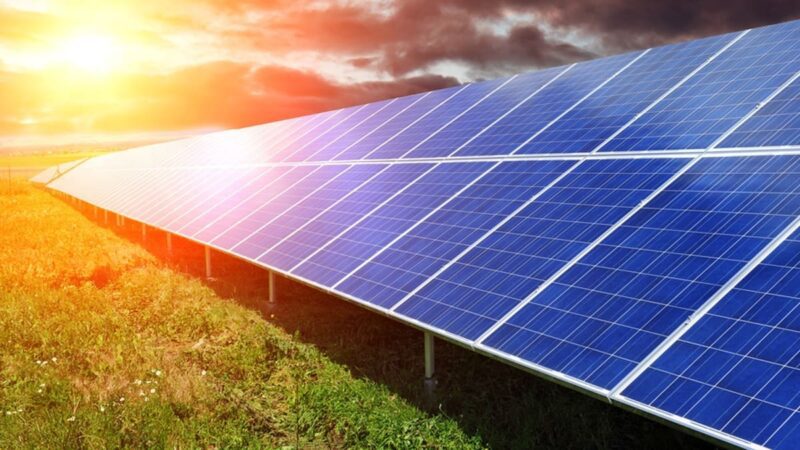National Issues
Harnessing the Power of the Sun: A Call to Nigerian Northern Governments to Invest in Solar Energy -By Ezra Anthony
Even with these benefits, the Nigerian northern states have been slow to adopt solar energy. This could be due in part to a lack of awareness and understanding of the technology, as well as a reliance on traditional sources of energy such as fossil fuels. However, with the cost of solar energy decreasing dramatically in recent years, it is now more affordable and accessible than ever before.

As the world continues to deal with the challenges of climate change, energy security, and economic development, the Nigerian northern states have a unique opportunity to lead the way in harnessing the power of solar energy. With an abundance of sunshine and a growing demand for electricity, investing in solar energy is not only a wise economic decision but also a necessary step towards a sustainable future.
The benefits of solar energy are numerous. It is a clean and renewable source of energy, reducing our reliance on fossil fuels and mitigating the impact of climate change. Solar energy is also a job creator, with the potential to employ thousands of people in the manufacturing, installation, and maintenance of solar panels. Also, solar energy can provide electricity to remote and off-grid communities, promoting economic development and improving the quality of life for millions of people.
Even with these benefits, the Nigerian northern states have been slow to adopt solar energy. This could be due in part to a lack of awareness and understanding of the technology, as well as a reliance on traditional sources of energy such as fossil fuels. However, with the cost of solar energy decreasing dramatically in recent years, it is now more affordable and accessible than ever before.
Therefore, I call on the Nigerian northern governments to invest in solar energy and take advantage of the many benefits it has to offer. This can be achieved through a variety of means, including but not limited to:
1. Implementing policies and incentives to encourage the adoption of solar energy, such as tax credits and feed-in tariffs.
2. Investing in solar energy infrastructure, such as solar panels and transmission lines.
3. Providing training and education programs to develop the skills and expertise needed to install and maintain solar energy systems.
4. Encouraging private sector investment in solar energy through public-private partnerships and joint ventures.
Some potential benefits of solar energy in Northern Nigeria include:
– Reduced energy costs for households and businesses
– Increased access to electricity for remote and off-grid communities
– Job creation in the solar energy sector
– Reduced greenhouse gas emissions and contribution to climate change mitigation
– Improved energy security and reduced reliance on fossil fuels
– Increased economic development and GDP growth.
Some potential solar energy projects in Northern Nigeria include:
– Solar-powered irrigation systems for agriculture
– Solar-powered water treatment and pumping systems for clean water access
– Solar-powered electrification of remote communities and healthcare facilities
– Solar-powered street lighting and security systems for urban areas
– Solar-powered industrial parks and economic zones for job creation and economic growth.
By investing in solar energy, the Nigerian northern states can reduce their reliance on fossil fuels, promote economic development, and improve the quality of life for millions of people. I urge the governments of the northern states to take action and harness the power of the sun to build a brighter future for their citizens.
Ezra Anthony writes from Bauchi State and can be reached via email – ezraanthony933264@gmail.com



















